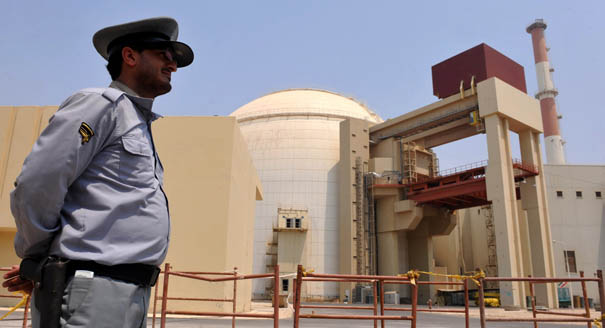Source: New York Review of Books
Over five days in May, Donald Trump’s Iran policy—of monumental importance to the future of the Middle East and to US security—began to come into focus. On May 17, the president quietly agreed to continue to waive sanctions against Iran, a step that was required to keep the Iran nuclear deal in force. Two days later Iran held presidential elections with a landslide result in favor of the moderate incumbent, Hassan Rouhani; and two days after that the United States’ new Middle East policy, built around a Saudi-US-Israel axis, was unveiled in the president’s speech in Riyadh.
It had long seemed clear that Trump was not going to “rip up” what he had called in the campaign “the dumbest deal…in the history of deal-making.” The State Department had confirmed repeated findings by the International Atomic Energy Agency (IAEA) that Iran was meeting its nuclear commitments. But the May 17 waiver was the first time that an affirmative action on the deal had to be taken in the president’s name.
Iran’s election pitted President Rouhani, the architect of the deal and a proponent of reengaging Iran with the world, against a conservative, nationalist cleric, Ebrahim Raisi, who ran with the backing of the Revolutionary Guard and other hard-line forces. Had Raisi won, the deal’s future in Iran would have been very much in doubt. Instead, Rouhani had a resounding victory with high voter turnout. Though few Iranians have yet to feel any economic benefit from the deal and the end to international isolation it promises, there is little doubt that, for now, they overwhelmingly favor sticking with it....
This book review was originally published in the New York Review of Books.



